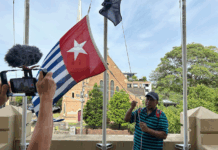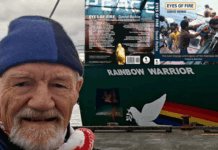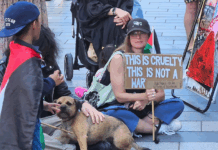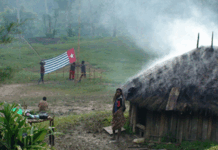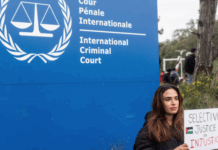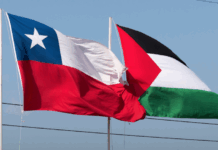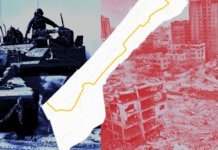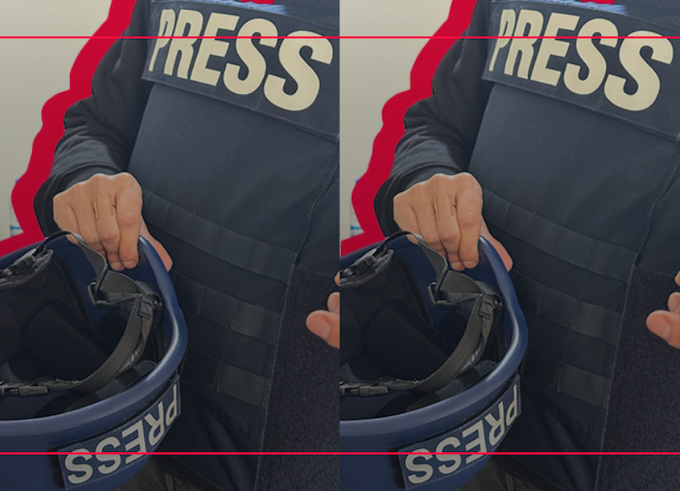
The Paris-based global media freedom watchdog Reporters Without Borders (RSF) says it “regrets” the Israeli Supreme Court’s decision to grant the Tel Aviv government 30 days to respond to a petition to allow journalists access to the Gaza Strip following the ceasefire.
RSF said in a statement it believes the blockade on access — in place for more than two years — remains illegal, unjustifiable and contrary to the public’s fundamental right to news and information, and should be lifted at once.
During a hearing before the Supreme Court on October 23 — in which RSF participated as an interested party having contributed an amicus brief in the petition by the Jerusalem-based Foreign Press Association (FPA) — the Israeli government acknowledged that the ceasefire constituted a significant change in circumstances justifying a review of its policy on journalists’ access.
- READ MORE: ‘Gaza has been the deadliest place for journalists in any conflict,’ says UN
- Israel used to lie about killing journalists — now it barely bothers to do so. What happened?
- Who killed Shireen?
The court ordered the Israeli government to present a clear position on its blockade in light of the new circumstances but granted it another 30 days to do this, despite the urgency of the situation and although the Israeli government had already benefited from six postponements since the start of these proceedings.
“If the blockade preventing journalists from entering Gaza was already illegal and seriously violated the fundamental right to information of the Palestinian, Israeli, and international public, it is now totally unjustifiable,” said RSF director-general Thibaut Bruttin.
“RSF deplores the Supreme Court’s decision to give the Israeli government 30 days to reach this obvious conclusion, and calls on the Israeli government to open Gaza’s borders to journalists immediately and without conditions.”
Israel has closed off Gaza and denied external journalists’ independent access to the besieged territory since 7 October 2023.
To counter this ban, RSF has joined the FPA’s petition for the Gaza Strip’s borders to be opened to independent entry by journalists, and filed an amicus brief with the Israeli Supreme Court on October 15 that was designed to help the judges understand the FPA’s position.
Who killed Shireen?
Meanwhile, an investigation into Palestinian-American journalist Shireen Abu Akleh’s assassination reveals new evidence and cover-ups by Israeli and US governments.
This major investigative documentary examines the facts surrounding the killing of Al Jazeera journalist Akleh, as she was reporting in Jenin, in the occupied West Bank, in May 2022.
Palestine: Who killed Shireen? Video: Al Jazeera
It sets out to discover who killed her — and after months of painstaking research, succeeds in identifying the Israeli sniper who pulled the trigger.
Eleven Al Jazeera journalists have been killed by the Israeli military among at least 248 Gaza media workers slain by the IDF, reports Anadolu Ajansı,
A UN spokesman on Friday marked the International Day to End Impunity for Crimes Against Journalists yesterday with a reminder of the dangers faced by journalists worldwide — particularly in the Gaza Strip.
“Nearly nine out of 10 journalists killings remain unresolved. Gaza has been the deadliest place for journalists in any conflict,” Stephane Dujarric, spokesman to the UN secretary-general, told reporters.
Secretary-General Antonio Guterres called for “independent, impartial” investigations into the killings of journalists, emphasising that “impunity is an assault on press freedom and a threat to democracy itself,” Dujarric said.
“When journalists are silenced, we all lose our voice,” he said.
Pacific Media Watch collaborates with Reporters Without Borders.



